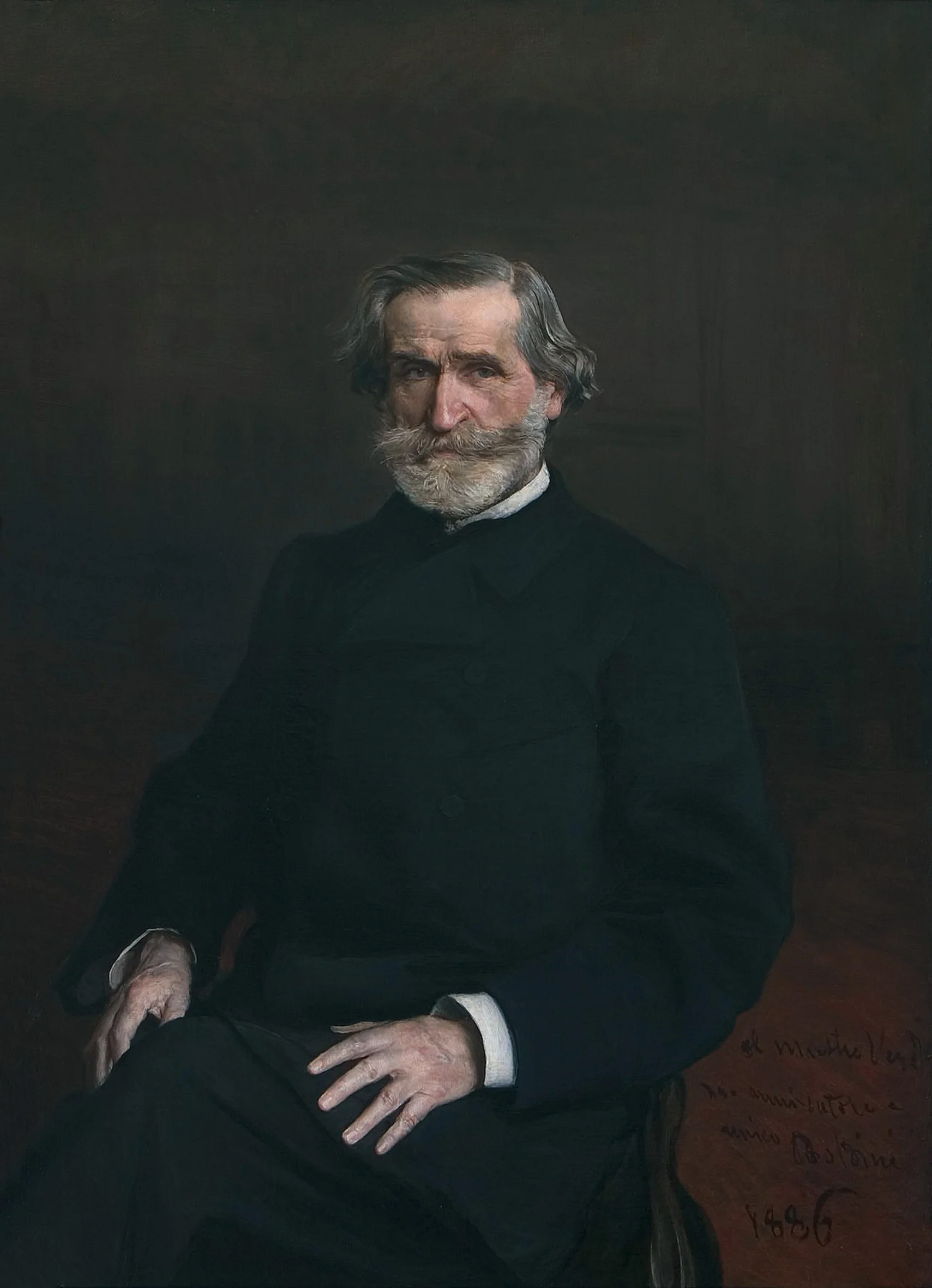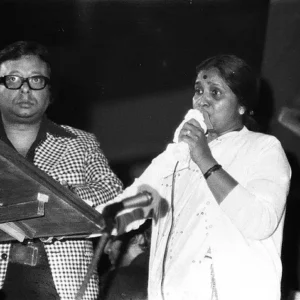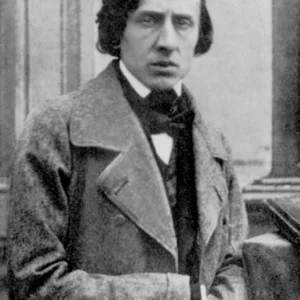Giuseppe Verdi, born on October 9, 1813, in Le Roncole, Italy, is widely regarded as one of the greatest opera composers in history. Known for his powerful and emotive music, Verdi’s operas have become timeless masterpieces that continue to captivate audiences worldwide. His innovative approach to composition and his ability to convey deep human emotions through music have left an enduring legacy in the world of classical music.
Early Life and Musical Roots
Birth and Family Background
Giuseppe Verdi was born in the small village of Le Roncole, in the Duchy of Parma, Italy. His parents, Carlo Verdi and Luigia Uttini, were innkeepers and farmers who recognized their son’s musical talent early on. Verdi’s interest in music was evident from a young age, and his parents provided him with a spinet, a small keyboard instrument, to nurture his passion.
Education and Early Influences
Verdi’s formal music education began under the tutelage of local organist Pietro Baistrocchi. At the age of 12, he moved to Busseto to study with Ferdinando Provesi, a composer and conductor. Verdi’s talents flourished, and he began composing music for local churches and theaters. Although he was initially denied entry to the Milan Conservatory, he continued his studies privately with Vincenzo Lavigna, a former conductor at La Scala.
Rise to Fame
Early Successes
Verdi’s career began to take off with the success of his first opera, “Oberto,” which premiered at La Scala in Milan in 1839. This initial triumph was followed by the opera “Un giorno di regno,” which, despite its failure, did not deter Verdi from his path. His perseverance paid off with the premiere of “Nabucco” in 1842, which was met with overwhelming acclaim and established Verdi as a leading composer.
Establishing His Reputation
“Nabucco” marked the beginning of Verdi’s prolific “galley years,” during which he produced a series of successful operas, including “Ernani” (1844), “Macbeth” (1847), and “Rigoletto” (1851). These works showcased Verdi’s ability to blend dramatic narrative with powerful music, captivating audiences and solidifying his reputation as a master composer.
Operatic Masterpieces
Il Trovatore
In 1853, Verdi premiered “Il Trovatore,” a dramatic opera known for its complex plot and memorable melodies. The opera’s success was immediate, and it remains one of Verdi’s most performed works. Its arias and choruses, such as the “Anvil Chorus,” are celebrated for their emotional intensity and technical brilliance.
La Traviata
Following the success of “Il Trovatore,” Verdi premiered “La Traviata” in 1853. This opera, based on Alexandre Dumas’ play “La Dame aux Camélias,” tells the tragic story of the courtesan Violetta Valéry. Despite its initial lukewarm reception, “La Traviata” has become one of the most beloved operas in the repertoire, known for its beautiful arias and poignant narrative.
Aida
Verdi’s “Aida,” which premiered in 1871, was commissioned for the opening of the Khedivial Opera House in Cairo. Set in ancient Egypt, the opera tells the story of the love between the Ethiopian princess Aida and the Egyptian general Radamès. “Aida” is renowned for its grandeur, elaborate staging, and powerful music, making it a staple of opera houses worldwide.
Otello
In 1887, Verdi premiered “Otello,” based on William Shakespeare’s play “Othello.” This opera is celebrated for its dramatic intensity and complex characterizations. Verdi’s masterful adaptation of Shakespeare’s work, combined with Arrigo Boito’s libretto, resulted in one of the greatest operatic achievements of the 19th century.
Falstaff
Verdi’s final opera, “Falstaff,” premiered in 1893. Based on Shakespeare’s “The Merry Wives of Windsor” and “Henry IV,” the opera is a comedic masterpiece. “Falstaff” showcases Verdi’s versatility as a composer and his ability to infuse humor and wit into his music. Despite being his last opera, it is considered one of his finest works.
Legacy and Influence
Lasting Impact on Opera
Giuseppe Verdi’s operas continue to be performed around the world, captivating audiences with their powerful music and dramatic narratives. His ability to convey deep human emotions and create unforgettable melodies has solidified his place as one of the greatest opera composers of all time. Verdi’s works are celebrated for their emotional depth, intricate harmonies, and technical brilliance.
Influence on Future Generations
Verdi’s innovative approach to opera has influenced countless composers and performers. His emphasis on dramatic expression and character development set new standards for the operatic genre. Composers such as Giacomo Puccini and Richard Wagner admired Verdi’s work, and his influence can be seen in their compositions.
Recognition and Honors
Throughout his career, Verdi received numerous accolades and honors, including being named a Senator for Life in the Italian Senate. His legacy is celebrated through various institutions, such as the Giuseppe Verdi Conservatory in Milan and the annual Verdi Festival in Parma. These events and institutions continue to honor his contributions to music and ensure that his legacy endures.
Conclusion
Giuseppe Verdi’s life and work embody the essence of operatic drama and musical expression. His ability to convey profound emotion and create powerful, memorable music has left an indelible mark on the world of classical music. From his early beginnings in Italy to his status as one of the greatest composers of all time, Verdi’s journey is a testament to the transformative power of opera.
Through his compositions, Verdi invites listeners to explore the depths of human emotion, offering both a reflection of and a respite from the complexities of life. His contributions to music continue to be celebrated, ensuring that the legacy of Italy’s opera maestro will endure for generations to come. Verdi’s exploration of dramatic intensity, lyrical beauty, and emotional depth remains relevant, inspiring and challenging musicians and audiences alike to connect with the timeless beauty of his music.



